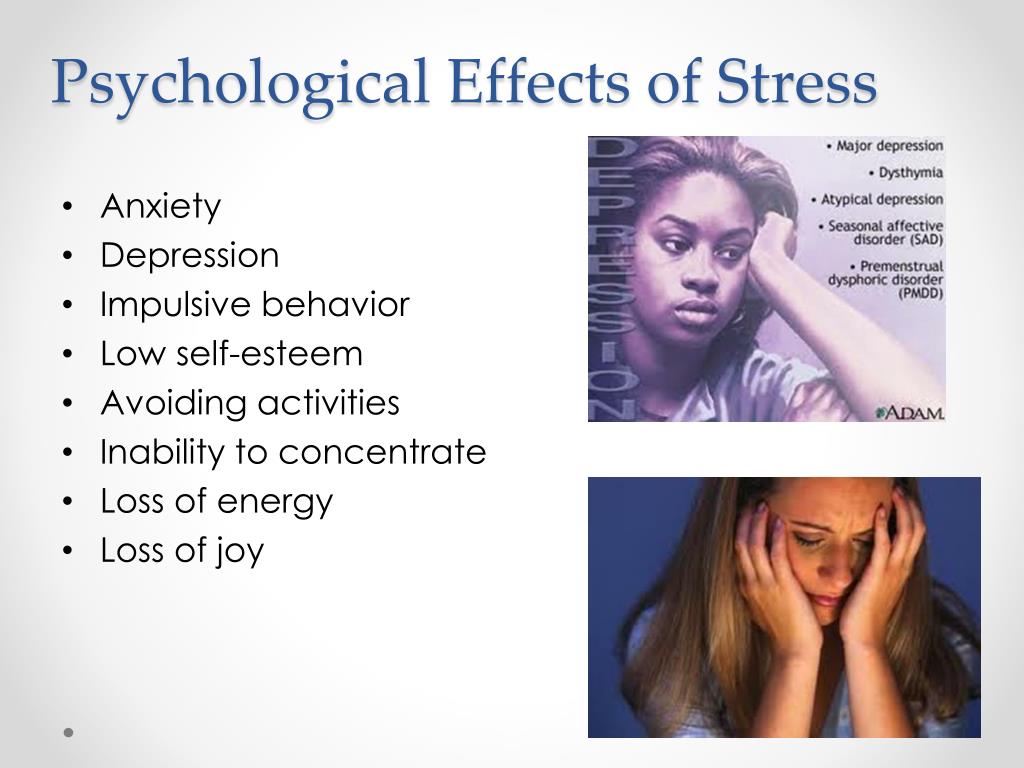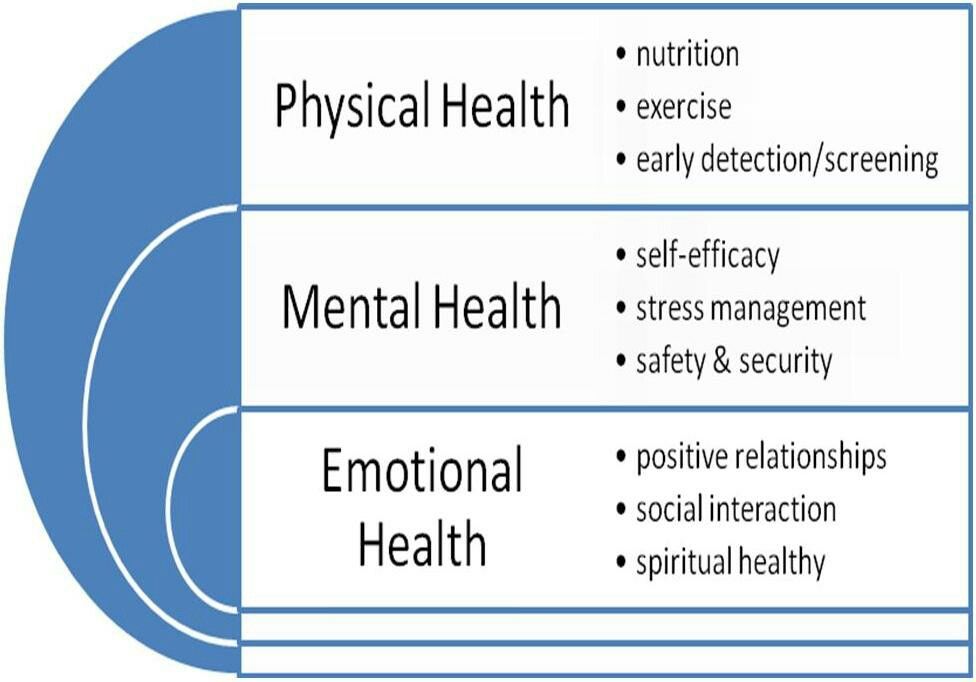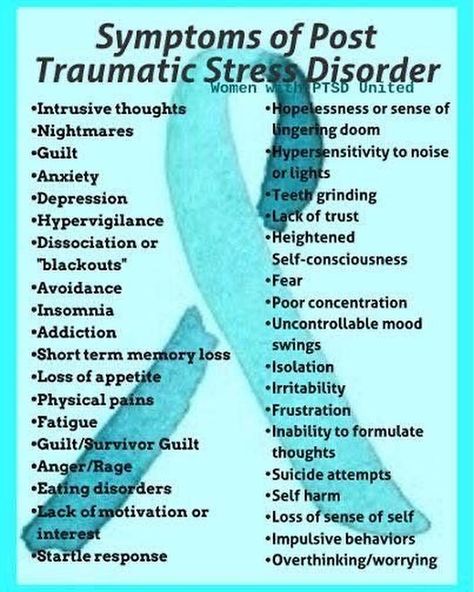Ways to relieve stress and anger
10 Healthy Ways to Release Rage
As a health care worker during the COVID-19 pandemic, you’ve probably dealt with some anger over the last few months, as the virus continues to take lives across the United States. With infection rates climbing once again, that anger may increase in intensity - what was once frustration may become full-blown rage. The circumstances causing this rage might be beyond your control (you can’t easily change how your government officials are handling COVID-19 in your community or force everyone to obey regulations), but you can control your own reactions. Relaxation techniques or mindfulness often work for lower intensity anger like frustration or annoyance, but with a feeling as high energy as rage, try to let that energy out in a safe way.
- Throw or break something (safely).
via GIPHY
Physically throwing something can relieve stress and be helpful in the immediate moment.
Have a yard? Get out there with a ball or find some rocks to throw if you have enough space. Or smash something, like a mug or old piece of junk that you’ve been meaning to get rid of. If that’s not a realistic option, get creative - throw something soft (like balled up socks or a roll of toilet paper) against a blank wall or an apple into the woods (the birds will get it).
- Scream – in private.
via GIPHY
When you can feel anger boiling inside you, yelling is often incredibly cathartic and can pull you out of that blind rage you may be experiencing. Take care to not startle or worry anyone (including nearby neighbors) by screaming into a pillow. If you’re at work and can take a break for a few minutes, your car is good option too.
- Sing it out.
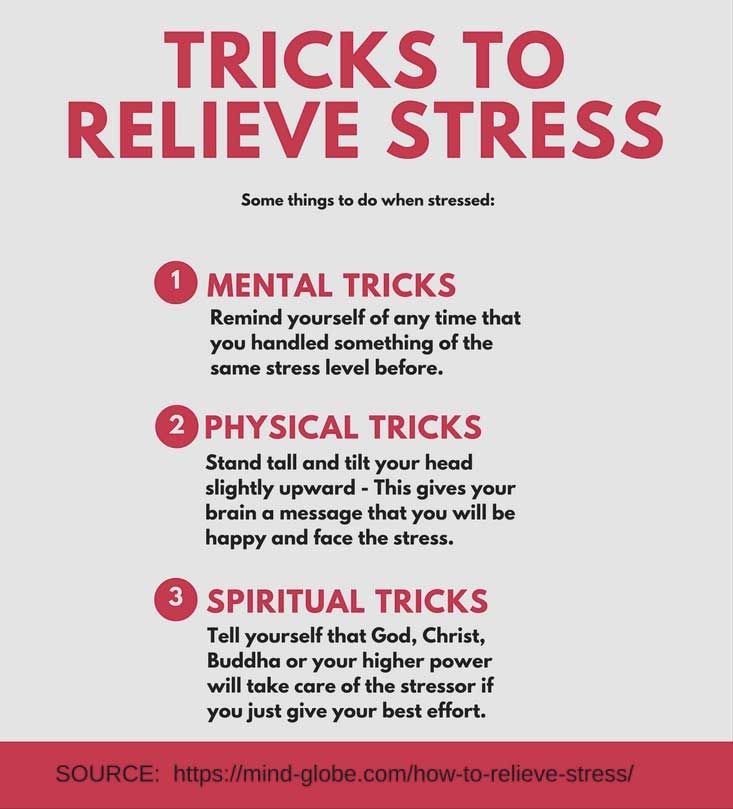
via GIPHY
Put on some music that has anger in it – even if the artist’s anger is different from yours. Channeling your own feelings into the song and expressing that fury can help release some of your own anger.
- Dance it out.
via GIPHY
Dancing can be a great way to express your emotions, especially when they are so powerful that you can physically feel them in your body. Dance to angry music, happy pump-up music, or no music – just get that excess energy out.
- Do a tough workout.
via GIPHY
If dancing isn’t your thing, try another form of high energy exercise, like boxing or sprinting.
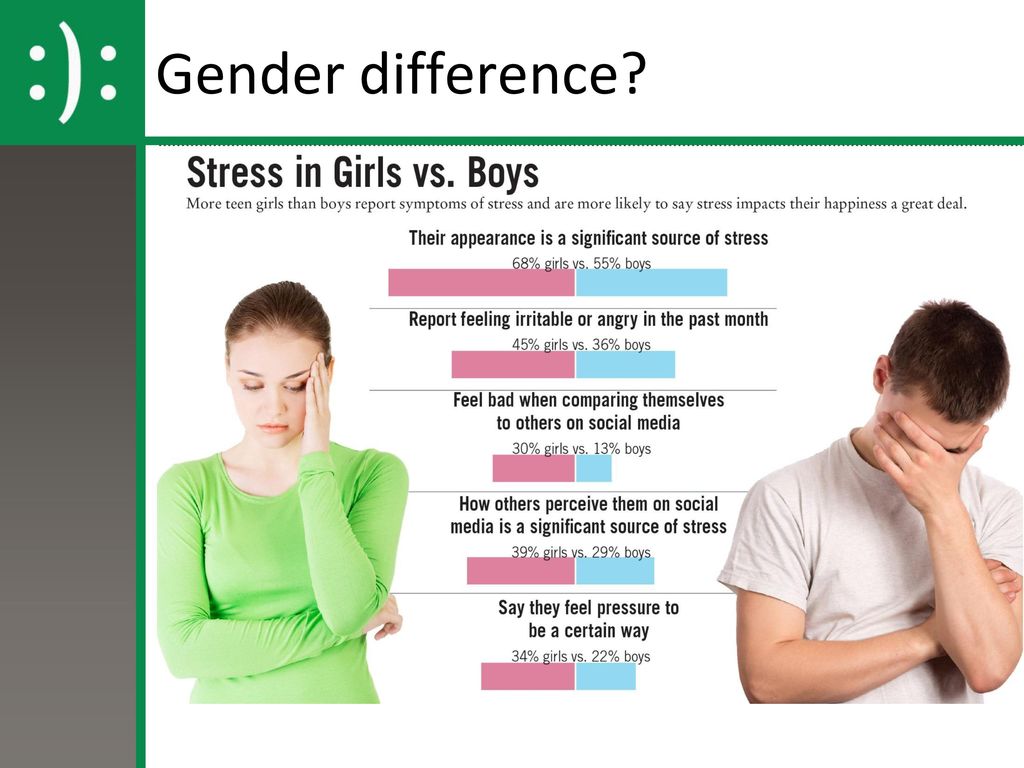 You can search for free workout videos online or do your own thing, but make sure to push yourself and give it your all if you’re looking for that anger release. It might feel silly but yelling or grunting while working out might even help you exert more energy.
You can search for free workout videos online or do your own thing, but make sure to push yourself and give it your all if you’re looking for that anger release. It might feel silly but yelling or grunting while working out might even help you exert more energy.
- Journal.
via GIPHY
Putting your feelings into words isn’t always easy and writing may not be your go-to technique, but if your mind is spiraling with angry thoughts, dumping them all out onto paper can bring some peace. It doesn’t have to be a big ordeal – even just typing a stream-of-consciousness note on your phone during a quick bathroom break can help calm your mind.
- Draw or paint.
via GIPHY
Art is often a powerful way to confront your big feelings and turn them into something beautiful. Let go of your work being “good” – allow yourself to create solely to express yourself. Do what feels good rather than focusing on what will look good.
- Change your surroundings.
via GIPHY
When you can’t quiet your thoughts, a change of scenery – even just going into the next room or stepping outside for five minutes – can disrupt the track that your mind is on.
- Destroy a physical representation of your anger.
via GIPHY
Print out that email that set you off or write down the things that are upsetting you.
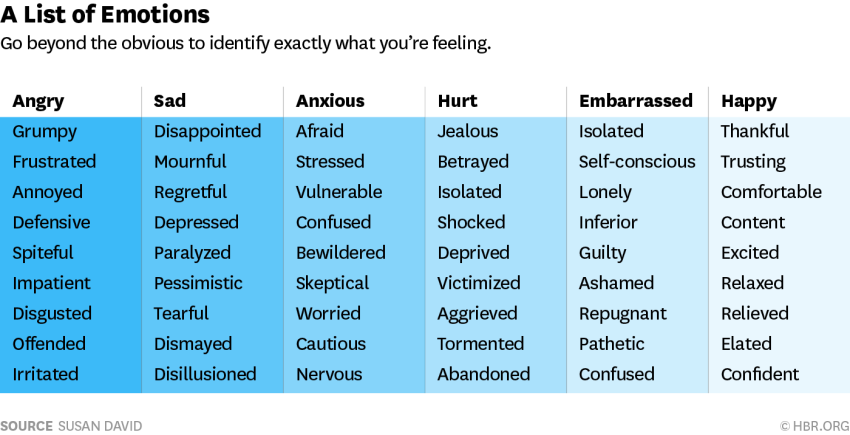 Then scribble all over it, tear it up, or put it through the shredder.
Then scribble all over it, tear it up, or put it through the shredder.
- Verbalize your anger.
via GIPHY
You can always vent to a trusted friend, but sometimes it feels better to pretend you’re talking directly to the person you’re angry at. Pick an empty chair, imagine they’re sitting in it, and yell, scream, or tell them exactly why you’re so mad – whatever feels best to you.
If you’re working to manage your feelings in a healthy way but it just seems impossible, take a mental health screen – you may be dealing with symptoms of a mental health condition. For immediate support, you can reach out to Magellan Health’s COVID-19 first responder crisis line at (800) 327-7451, the Disaster Distress Helpline at (800) 985-5990, or the Crisis Text Line by texting MHA to 741-741 – all of these options will connect you to a trained crisis counselor 24/7/365.
How To Reduce Stress and Anger
Stress and anger can seem impossible to deal with when they are present. People often have a hard time coming up with solutions while they are in the midst of that emotional turmoil. The best solution is to be armed with strategies before stress and anger even occur so that your thoughts and emotions can be effectively managed.
Strategies to Relieve Stress and Anger
Music Therapy
Perhaps one of the easiest and cheapest ways to relieve stress and anger is with music therapy. Music therapy is not complicated, though. It is simply listening to the right kind of music that addresses the situation. In the book Healing Sounds, Arthritis Today the author states that an angry song or a song with a heavy beat can help in exploring and, therefore, releasing a pent up emotion like anger, while slow, soothing music can help people to relax.
Positive Self-Talk
People tend to think negative thoughts like how terrible things are when upset.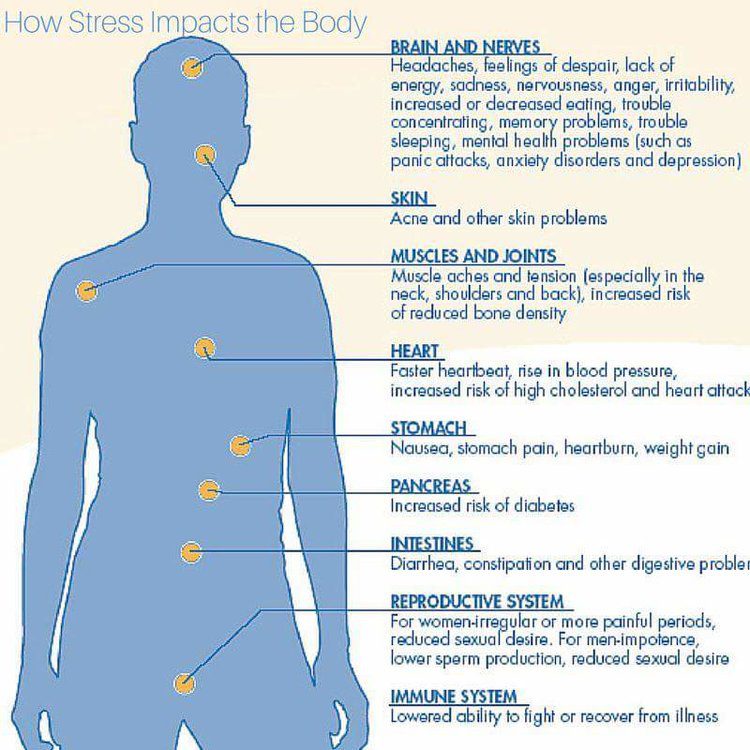 Having preplanned positive thoughts to recite to yourself in heated moments can help to replace the negative when stressed. Try remembering a very positive experience, a compliment, or any other positive attribute or accomplishment. Make a note of those positive occurrences and, when stressed or angry, mentally verbalize or visualize them.
Having preplanned positive thoughts to recite to yourself in heated moments can help to replace the negative when stressed. Try remembering a very positive experience, a compliment, or any other positive attribute or accomplishment. Make a note of those positive occurrences and, when stressed or angry, mentally verbalize or visualize them.
Exercise
Exercise releases endorphins that make people feel good. Running, jogging, or other activities can release endorphins, and result in feeling less stress and anger in a short period of time. Exercise is a great way to improve your mood because it can be done almost anywhere at any time. It can even take place at work on a short break.
Journaling
Writing in journals is an easy and effective means to relieve stress because it provides a safe, private way to vent feelings, thoughts, and frustrations. This helps prevent pent up issues that can otherwise expand or even explode.
Use Healthy Distractions
The element of distraction can also be beneficial.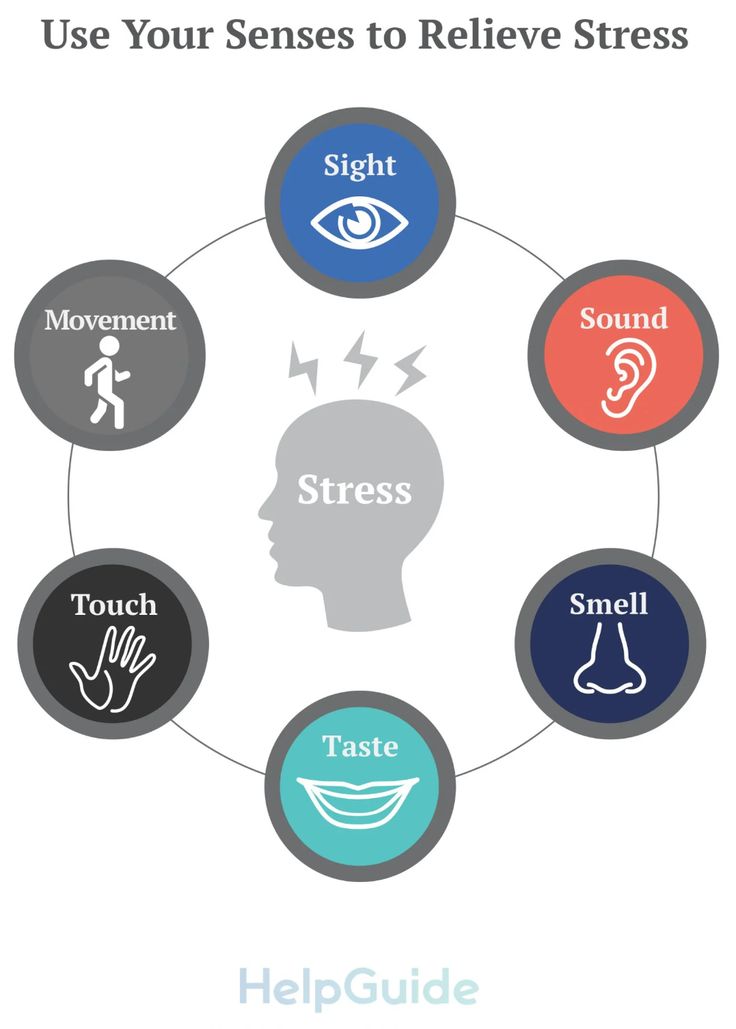 The next time anger or stress seems to be taking over, try doing something, anything that helps to focus the mind on something other than the source of your frustrations. For example, after a stressful day at work, rather than going home and dwelling on it, try knitting or painting. Taking up a hobby of some kind can help you focus your mind on something more positive.
The next time anger or stress seems to be taking over, try doing something, anything that helps to focus the mind on something other than the source of your frustrations. For example, after a stressful day at work, rather than going home and dwelling on it, try knitting or painting. Taking up a hobby of some kind can help you focus your mind on something more positive.
Getting Help for Stress and Anger
While most stress and anger can be managed through the simple self-help techniques mentioned above, excessive levels could result in the need for professional help. Sometimes we have a root cause for our negative feelings that we just can’t see, and it could be linked to another disorder, such as depression, that may require ongoing counseling or therapy. Help for children who are suffering rage and stress may be especially important because they often do not yet possess the same self-management skills as adults.
Always remember, there is no shame in seeking assistance for the things we can’t manage ourselves.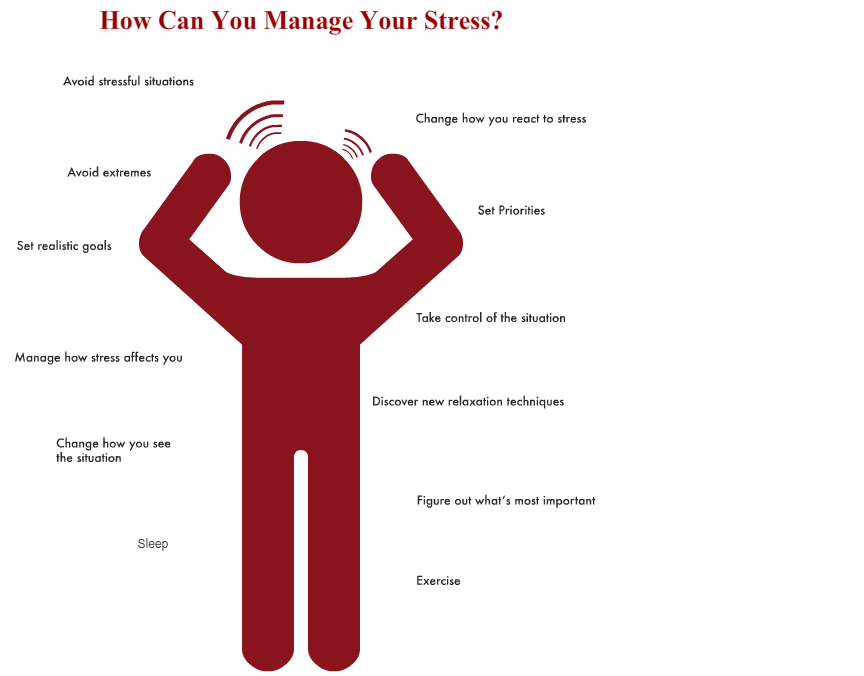 If stress and anger are causing you anguish and you can’t see a way to reduce those feelings, reach out to a mental health professional for help. Whether you remedy things on your own, or need guidance, you deserve to have peace, calm, and a positive mindset.
If stress and anger are causing you anguish and you can’t see a way to reduce those feelings, reach out to a mental health professional for help. Whether you remedy things on your own, or need guidance, you deserve to have peace, calm, and a positive mindset.
Hammond Psychology and Associates is the go-to resource for residents seeking psychological evaluations from a licensed psychologist in the Tampa Bay area. Click here to learn more about our Psychological Testing services in our Brandon location.
13 Ways to Quickly Relieve Stress and Increase Productivity in the Workplace
Even if you love your job, you probably feel like a lemon from time to time. New messages are pouring into your inbox, managers and colleagues are demanding an account from you, you are forced to search for the necessary information on the network, and at the same time, even more important and urgent matters are constantly being found.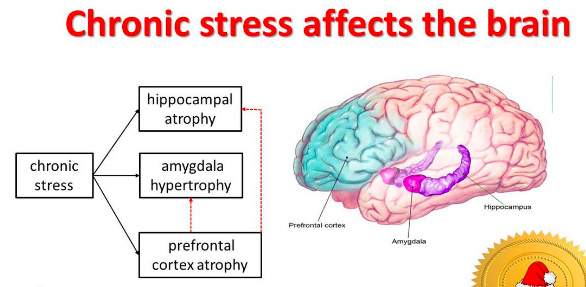 Even the level of light and air temperature in the office can become sources of additional stress. All these factors overlap, and now you are already suffering from a headache, seizing anxiety and tossing and turning from side to side at night, unable to sleep.
Even the level of light and air temperature in the office can become sources of additional stress. All these factors overlap, and now you are already suffering from a headache, seizing anxiety and tossing and turning from side to side at night, unable to sleep.
But no matter how easily stress builds up during the day, you can just as easily resist it from the comfort of your desk. Try these 13 ways to help reduce stress, improve your mood, and increase productivity at work.
1. Write down your concerns
Whether you're anxious about preparing an important presentation or the results of a future project, simply writing down your concerns can help reduce stress and improve productivity. Worrying about an evolving situation impairs short-term memory by draining your brain's "processor" power. By writing down problems, you stop replaying them over and over again in your head and identify the true sources of stress. As a result, your short-term memory resources will be freed up, and you will be able to perform more efficiently when the need arises.
2. Watch funny videos
Laughter not only helps to unwind and clears the mind, but also reduces the stress response. It reduces blood pressure and pulse rate, improves blood circulation, relaxes muscles and promotes the production of endorphins. And it not only helps fight stress, but also enhances creativity and productivity.
3. Turn off the monitor for 10 minutes
Computer and smartphone monitors, TV screens attract our attention from the moment we wake up until we go to bed. The resulting computer vision syndrome leads to eye fatigue, headache and neck pain, nausea, and increased anxiety and depression. So try to switch off as often as possible - literally. Instead of checking out social media during your break or texting a friend, turn off your monitor, close your laptop, and let your eyes rest. Read a book or magazine, go for a walk (don't play Pokemon Go!) or make yourself a cup of coffee and chat with a colleague.
4. Try Progressive Muscle Relaxation
This relaxation technique relieves muscle tension resulting from stress. You need to tense and then relax the main muscle groups for five seconds each. This will help slow your breathing and heart rate, stabilize your blood pressure, and help you relax.
You need to tense and then relax the main muscle groups for five seconds each. This will help slow your breathing and heart rate, stabilize your blood pressure, and help you relax.
5. Pet the dog (or go to a dog park)
Playing with your dog helps lower blood pressure, releases good mood hormones like oxytocin, and reduces the stress hormone cortisol. By the way, dogs are great listeners, so you can safely share your worries with them without fear that they will judge you.
6. Snack but don't
overeat We are often advised not to stress eat, but sometimes you can treat yourself to a treat without harming your figure. In fact, a healthy snack contributes to a slight increase in blood sugar and, as a result, a good mood. The main thing is not to reach for a box of donuts, but to choose foods that have proven to be effective in combating stress, such as berries, nuts, dark chocolate and oatmeal. Also, do not forget to eat slowly, enjoying every bite, and not chew on the run.
7. Breathe deeply
You don't have to go to a yoga studio to experience the benefits of deep breathing, which can lower blood pressure, help you relax and calm your nervous system. Plus, it's a great way to relieve stress—quickly, efficiently, and discreetly, even in a crowded office. Just inhale for four counts and then exhale for four counts.
8. Listen to music
Music, especially classical music, is a powerful tool in dealing with stress, helping to lower heart rate, blood pressure and levels of harmful stress hormones. It also improves mood and self-esteem. (I offer for example my personal stress-relieving playlist. Share your playlists in the comments!)
9. Take up meditation
Recent studies have shown that a few minutes of meditation a day can have a significant impact on stress levels. What's more, meditation improves attention and mental capacity, and even increases the density of gray matter in the brain. You can download a free meditation app like Calm, listen to meditation podcasts on iTunes, or watch YouTube videos to carve out a few moments of peace right at your desk.
10. Look out the window
Take a few minutes to just look out the window and mark. Admiring nature (real nature, not the picture on the monitor) helps to relax and slow down the heartbeat, and by dreaming, you unleash your creativity and can find an unexpected solution to the problem.
11. Remember what is important to you
Do you have a gratitude journal? Don't be too quick to dismiss the idea — keeping a gratitude journal reduced stress levels by 27% in a group of Stanford University students, and recent research from Yale and Columbia University found that using gratitude journals increased attention, receptivity, and energy, as well as boosting the immune system. system and reduce anxiety.
12. Call friends
When you communicate with a close friend, your body's production of the stress hormone cortisol decreases, and talking with a loved one can trigger the so-called "relaxation response". So the next time you're worried about signing a new client, call a friend or mom.
13. Take up a soothing hobby
Solve Sudoku, spend ten minutes knitting, read a chapter of a detective novel, take care of a bonsai plant - whatever your hobby, it helps you take your mind off work and focus on your favorite activity, which means it is an excellent opportunity to reduce anxiety and stress levels.
The all-in-one way to reduce stress
Instead of fighting stress, reduce it in any way possible by organizing your workflow. Try Wrike project management software to increase your productivity at work and get your projects done on time without stress.
How to quickly relieve stress: 9 tricks
Health
© Asdrubal luna/unsplash
Author Irina Rudevich
February 25, 2022
Psychologists advise to vent negative emotions rather than keep them inside. But what to do if anger or fear took possession of you during an important meeting, interview, or in another situation where you can’t show them?
1.
© Eli DeFaria/Unsplash
In June 2017, Science published a study by biochemists at Stanford University who discovered a specific area in the brain that is responsible for the relationship between deep breathing and emotions. They found that the faster and shallower a person breathes, the higher the degree of anxiety and excitability, while deep breaths promote relaxation and calmness. This method was advised by psychologists even before scientific confirmation: breathe deeply and count to ten before saying or doing anything emotionally.
Advertising on RBC www.adv.rbc.ru
2. Distract from the situation
A simple psychological trick: look at what is happening from the outside, as if you are watching a movie about yourself. Doctors note that this simple practice of self-distancing reduces symptoms of depression and increased nervous excitability, and also improves the cognitive functions of the brain. When in a stressful situation, shift your attention to other objects: look out the window, listen to third-party sounds, or count the number of pens on the table.
3. Listen to music
© Eric Nopanen/Unsplash
Noise affects the nervous system. If you are tense, restless because of a situation or dialogue, try to eliminate additional stressors. In some cases, you can apologize and go to another room to take a breath and focus on your own feelings. If the situation allows, create a sound background yourself - turn on relaxing music. Your favorite song will start the process of endorphin production, regardless of the genre, and classical calm music will help you relax. A study conducted at Massachusetts General Hospital indicates that heart patients who listened to music for half an hour daily were less likely to suffer from high blood pressure and tachycardia.
4. Match scents
Scientists have found that long-term aromatherapy helps with chronic stress and depression. At the same time, smells can instantly bring to life, you just need to choose the right essential oils. In case of nervous excitement, drop oil of rosemary, cedar, black cumin, lavender and frankincense onto your wrists, collarbones or into an aroma lamp. These aromas will help you quickly calm down, relax and tune in to positive thoughts.
5. Use color therapy
© Pavel L/Unsplash
The Spanish University of Granada conducted a study in a room with white and blue LEDs. The experiment involved 12 subjects. The results showed that, on average, for one minute under the blue lamps, the indicators of heart rate, pressure and concentration returned to normal. Under white lamps, these processes dragged on for up to three and a half minutes. Conclusion: look for the color blue; whether you're looking at the sky or looking at photos on a laptop screen, it will help you calm down.
6. Get busy
It is important to shift your attention away from the stressor and into other focused activities. Few people have the opportunity to go to the gym at the time of nervous tension, but simple physical exercises can be done without leaving the office or apartment. Any physical exercise will do: jumping, push-ups, squats. Even better, add a psychological subtext to the action: throw out the trash and sort out the cabinets. This will significantly reduce frustration and help you approach the solution of the problem that made you worry without unnecessary emotions.
7. Smile
© Alexandra Kirr/Unsplash
A person smiles in response to events, and not always positive ones. Despite the fact that a smile is considered to be a sign of friendliness, sympathy or joy, in a dangerous situation it helps to calm down. Smiling sends a signal of happiness to the brain, and the body begins to produce hormones of joy. The brain slows down the breathing rate and heart rate, then the blood pressure goes down and the blood sugar level normalizes.
8. Wash the dishes
A group of scientists in Florida found that washing dishes is a great way to deal with anxiety and stress. More than 50 people took part in the experiment, the results of tests before and after the usual washing of dishes showed a decrease in the level of anxiety, an increase in mindfulness and the level of motivation.


